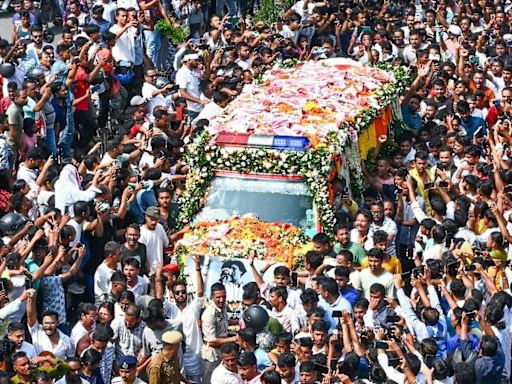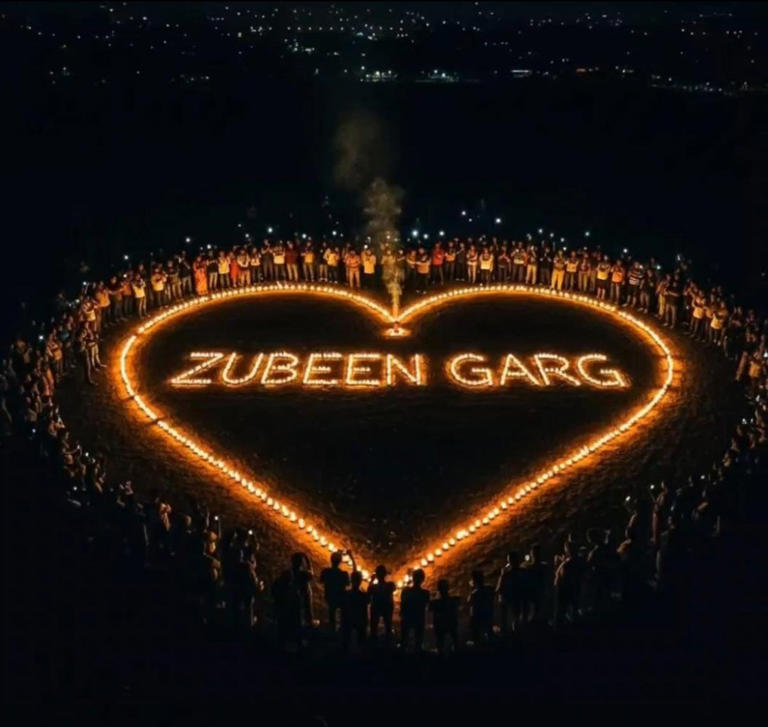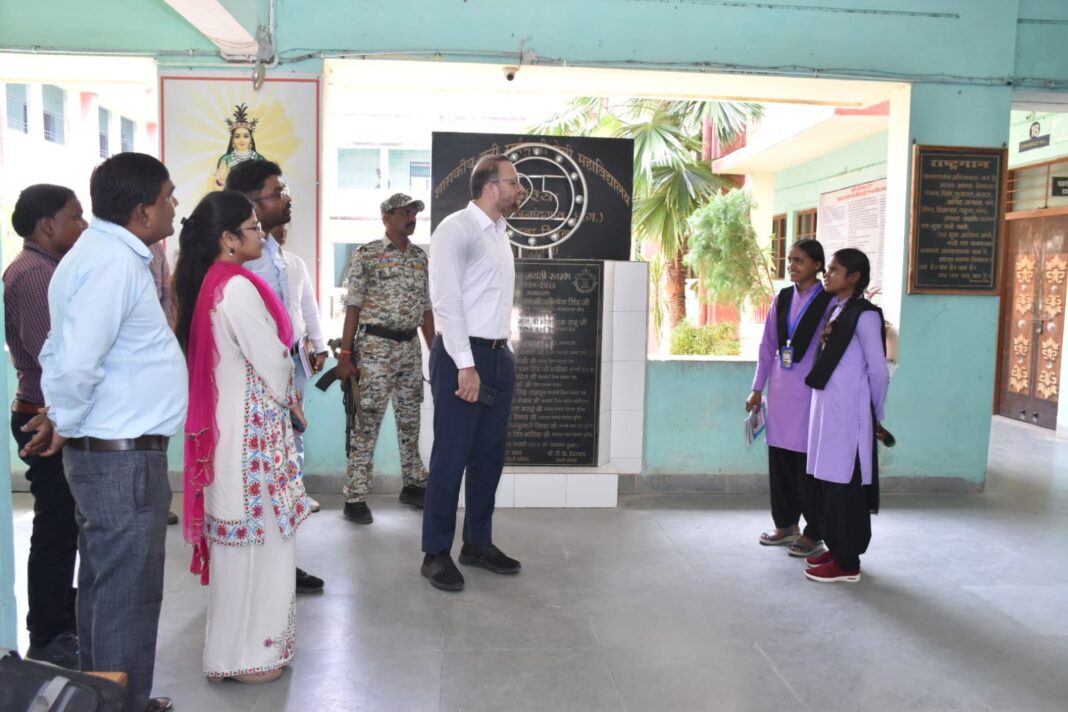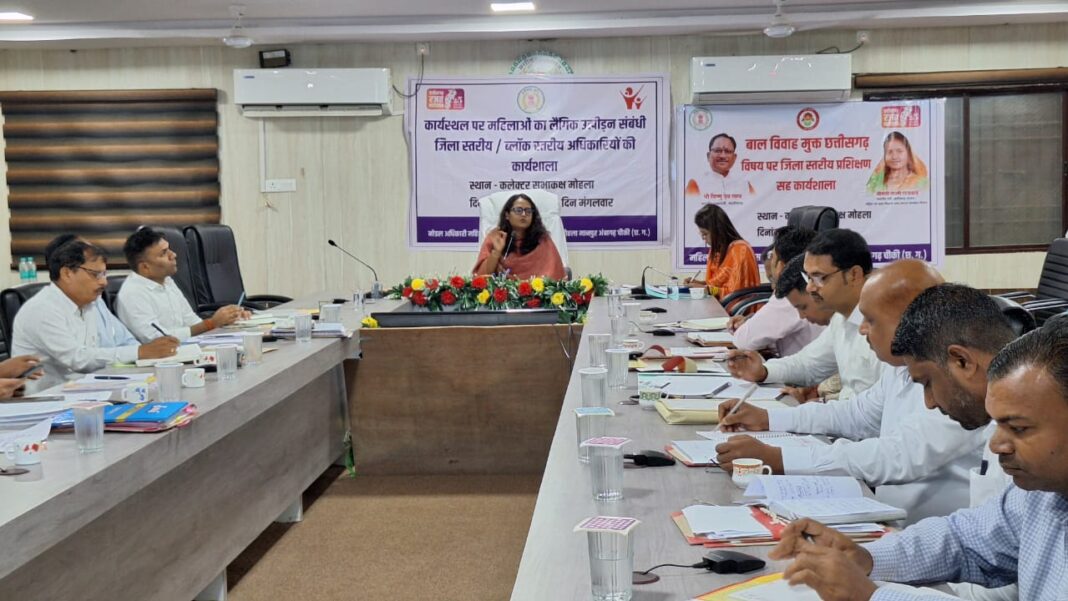Assam’s music legend bids farewell in unprecedented public gathering, joining global icons in record books
Published on: September 22, 2025
By: BTNI
Location: Guwahati, India
The passing of Zubeen Garg, Assam’s most beloved cultural icon, has been recorded in the Limca Book of Records for hosting the fourth-largest public funeral gathering globally. Garg, aged 52, died unexpectedly in Singapore on September 19 following a scuba diving accident. He had been in Singapore to perform at the North East Festival but could not be revived despite urgent medical attention.
On September 21, Guwahati’s streets transformed into a river of grief as lakhs of admirers paid tribute to the singer. Traffic came to a standstill, public offices remained deserted, and citizens queued for hours to offer flowers, light candles, and hum his songs—each gesture reflecting the profound loss felt across Assam and the Northeast.

Nicknamed the “King of Humming,” Garg was more than a playback singer. He was a cultural phenomenon who brought Assamese music to national prominence. His versatile repertoire, including the chartbuster Ya Ali from Gangster (2006), established him as a household name across India.
The overwhelming scale of mourning reflected Garg’s unparalleled place in public imagination. “It is not just the end of an artiste’s journey but the passing of an era of Assamese music,” remarked one mourner as his anthems echoed through the city.
Social media mirrored the on-ground sentiment, showcasing images of unprecedented crowds and an extraordinary display of collective grief. Observers noted how Garg’s music had bridged generations and regions, leaving a lasting cultural impact.
Also read- https://www.btnewsindia.com/homecoming-of-vanvasi-community-reclaiming-cultural-roots-and-identity/ https://www.btnewsindia.com/inspirational-tribute-seva-pakhwada-and-viksit-bharat-photo-exhibition-honor-pm-modis-enduring-legacy/
Born in 1972, Zubeen Garg’s career spanned over three decades. He was celebrated for his musical versatility, fierce regional pride, and dedication to preserving Assamese identity in popular culture. Beyond his Bollywood success, he shaped the soundtrack of everyday life in the Northeast, becoming a cultural torchbearer.
His sudden demise leaves a void in Assamese and Indian music, but the enduring legacy of his songs and the historic farewell will continue to unite his followers for generations to come.




